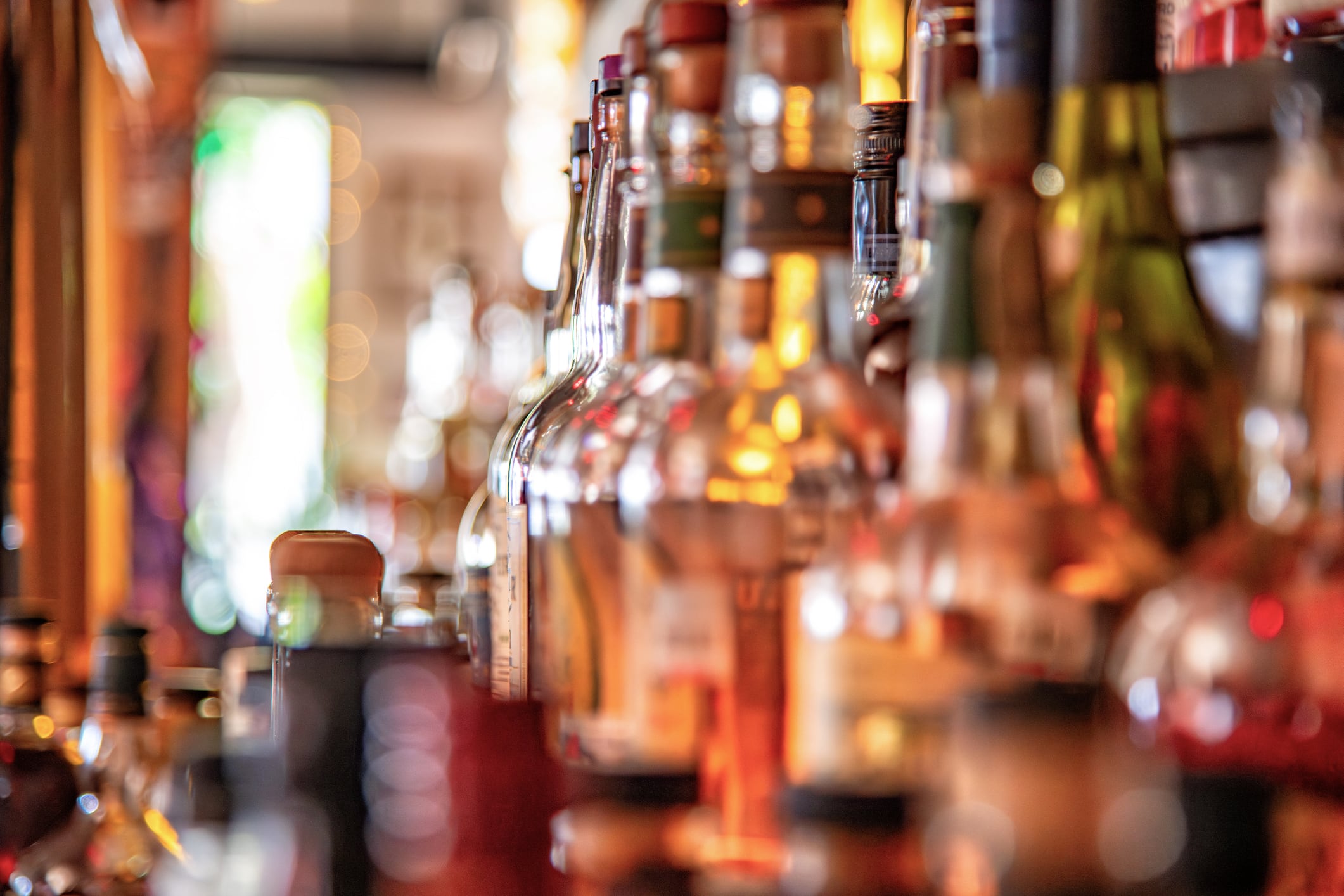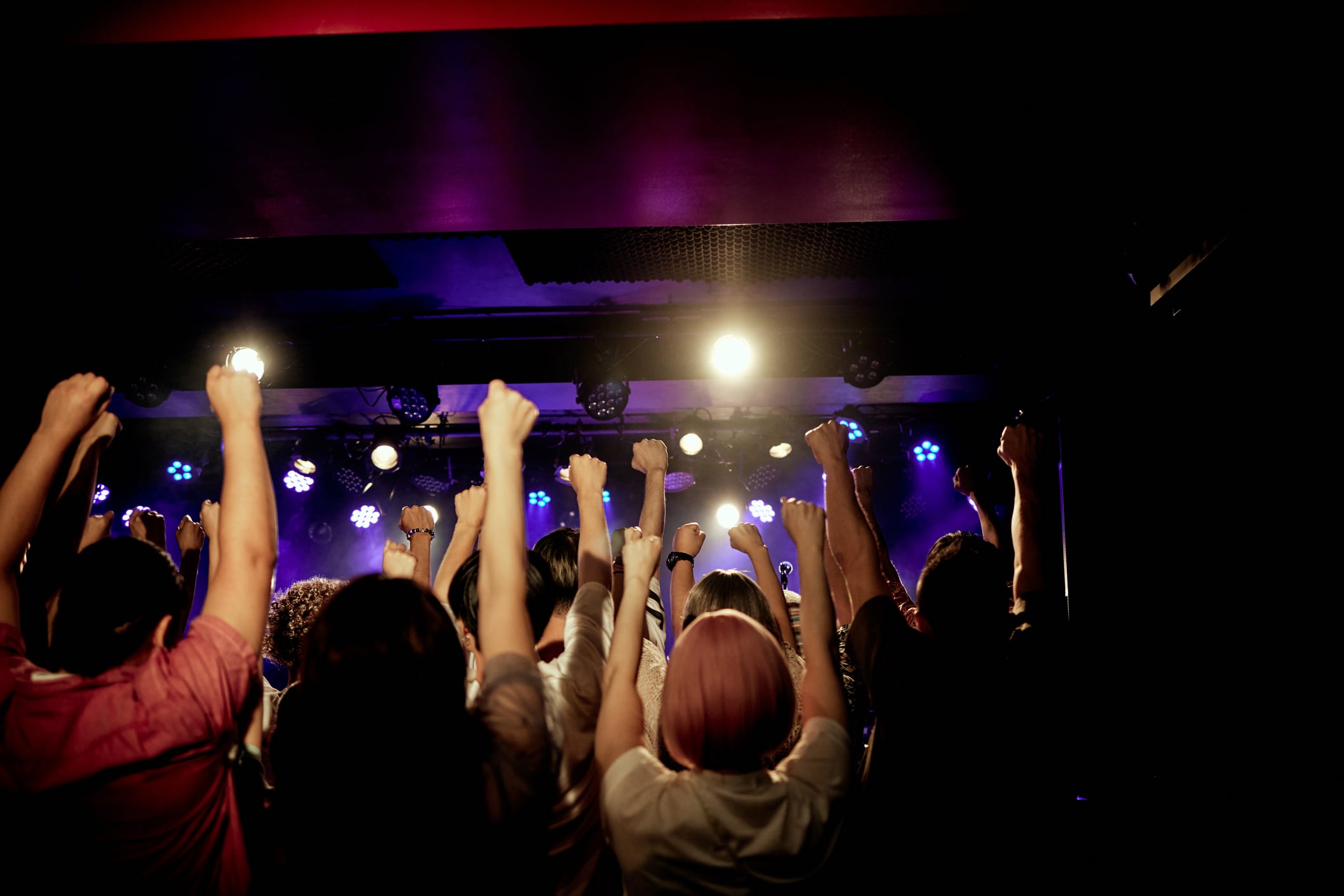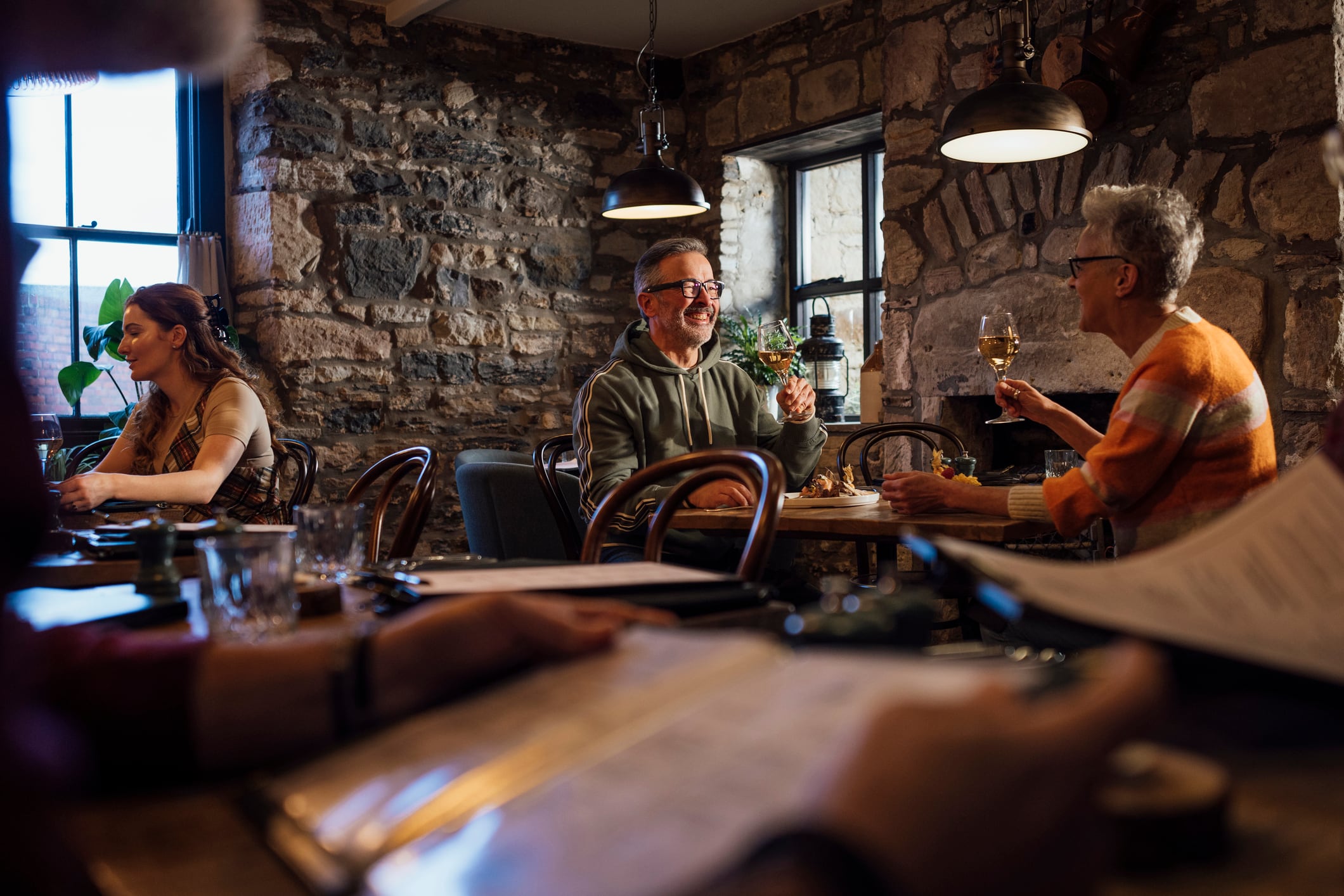In a cost-of-living crisis, and an economic climate causing late-night venues to close at a rate faster than ever before, innovation in venues is required to keep customers coming back and making sure they get bang for their buck.
Gone are the days of sitting in the same pub all evening – punters want something different from their nights out, and XLR in Manchester is offering just that.
The new opening, announced by owner Chris on Instagram earlier this week, is slightly different than your average nightclub. The venue will be allowing customers to bring their own booze to club nights.
XLR will have a fully stocked and available bar for customers to purchase drinks, if they wish, but will also allow customers to bring their own drinks into the venue.
Lockers will be provided for customers to leave their alcohol in while they enjoy the dancefloor, with drinks distributed by bar staff. Ticket sales will be limited to between £10 and £20.
Entrepreneurial approach
The purpose behind this change of approach is to try and reinvigorate the nightclub scene and to take clubbing back to its roots of the 90s and the early 2000’s.
Now the big question – is this entrepreneurial approach legal? In short – yes.
Providing both a paid bar, and the option of BYOB is perfectly legal. The Licensing Act 2003 does not prohibit venues from allowing customers to bring in their own drinks.
Premises can also charge customers corkage fees for bringing in their own booze, as XLR has planned, if they so wished.
It is crucial all operators looking to utilise the same approach as XLR check their premises licence conditions fully for any conditions which may restrict this style of operation.
Furthermore, it is worth noting that although legal, this approach is not without its risks.
Extra vigilance
It’s an offence under the Licensing Act for allowing drunkenness and disorderly conduct on your premises.
If customers are bringing in their own drinks, there is a risk that they may bring more than they would usually drink on a night out, and as the customer will not be coming to the bar to purchase the drinks it will be more difficult for staff to spot any signs of intoxication.
It may be worthwhile limiting customers to a certain number of BYOB drinks, to help effectively manage the intoxication levels of customers.
A licensed premises is still responsible for their customers behaviour while in the premises and the immediate vicinity, so it is crucial staff are extra vigilant when operating with BYOB.
- Felix Faulkner is an associate solicitor at Poppleston Allen




